Vanilla extract is a common and cherished baking ingredient renowned for imparting a rich, warm flavor to various recipes. However, there are times when you might find yourself in need of a pure vanilla extract substitute.
In this blog post, we will share various pure vanilla extract substitutes, each offering its own unique twist on flavor and aroma.
What is Vanilla Extract
Vanilla extract is a liquid flavoring derived from vanilla beans soaked in alcohol and water. It's a staple in baking and cooking, known for its rich, aromatic flavor that enhances the taste of sweet dishes like cakes, cookies, and ice creams. The extract brings a warm, floral, and slightly sweet essence, making it a versatile ingredient in various culinary applications beyond desserts, such as in sauces and marinades.
The 12 Best Vanilla Extract Substitutes To Try
Whole Vanilla Beans
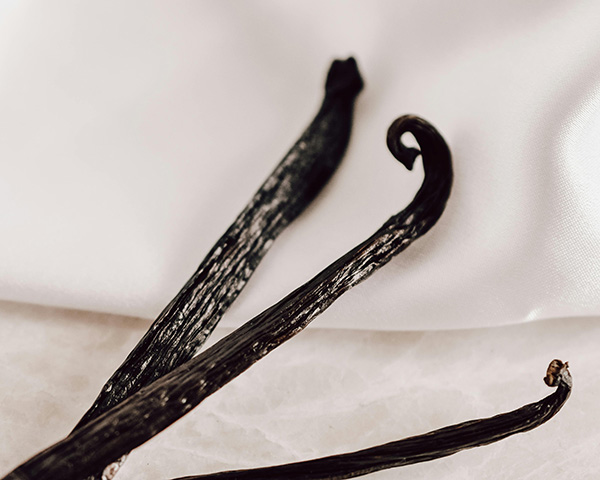
Vanilla beans are considered one of the best substitutes for vanilla extract due to their rich and authentic flavor profile. Using vanilla beans imparts a pure and natural vanilla essence and elevates the overall aesthetic of your culinary creations with those beautiful, aromatic specks.
To use vanilla beans as a substitute, split the bean lengthwise and scrape out the tiny seeds inside. These seeds, often referred to as vanilla caviar, are what hold the bean's intense flavor. One vanilla bean is roughly equivalent to one teaspoon of vanilla extract.
Vanilla beans work exceptionally well in recipes where you want to showcase the visual appeal of the tiny black specks and the full-bodied vanilla flavor. They are ideal for custards, ice creams, and dishes with a creamy texture. When using vanilla beans, add them to the recipe early to allow the flavor to infuse thoroughly, and be sure to remove the vanilla bean pods before serving.
Vanilla Bean Paste
Vanilla bean paste is another one of best substitutes for vanilla extract, offering a concentrated and intense vanilla flavor that can elevate your dishes. It's made from pure vanilla extract combined with vanilla bean seeds and often contains sweeteners or thickeners to create a paste-like consistency.
To substitute vanilla extract, use the same amount of vanilla paste for a richer, more intense vanilla flavor with visible specks of vanilla seeds. When to use vanilla bean paste depends on the recipe and your preference. It's particularly suitable for recipes where you want to see those delightful vanilla bean specks, such as custards, ice creams, and desserts.
The advantage of using vanilla paste is that it provides both the depth of flavor from the extract and the visual charm of vanilla bean seeds. It's a versatile choice that enhances a wide range of sweet treats, giving them that unmistakable vanilla essence and an inviting appearance.
Vanilla Sugar
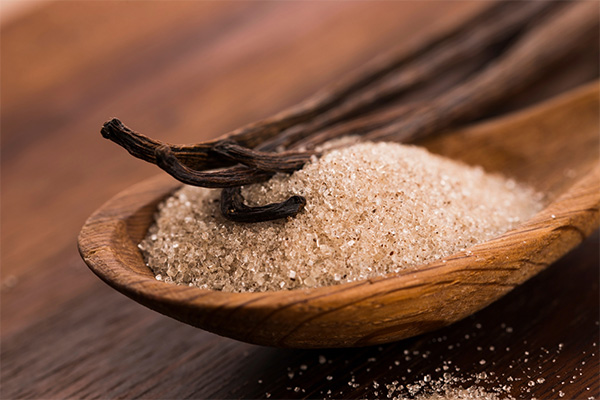
Vanilla sugar is a delightful substitute for vanilla extract that adds a touch of sweetness and a hint of vanilla flavor to your recipes. It's straightforward to use—simply replace 1 teaspoon of vanilla extract with 1 teaspoon of vanilla sugar. This substitute is particularly handy when infusing a mild vanilla essence into baked goods, desserts, or beverages.
Vanilla sugar is made by combining granulated sugar with vanilla beans or vanilla extract and allowing it to absorb the fragrant aroma and flavor of the vanilla. It's a versatile ingredient that can be used in various culinary applications.
Almond Extract
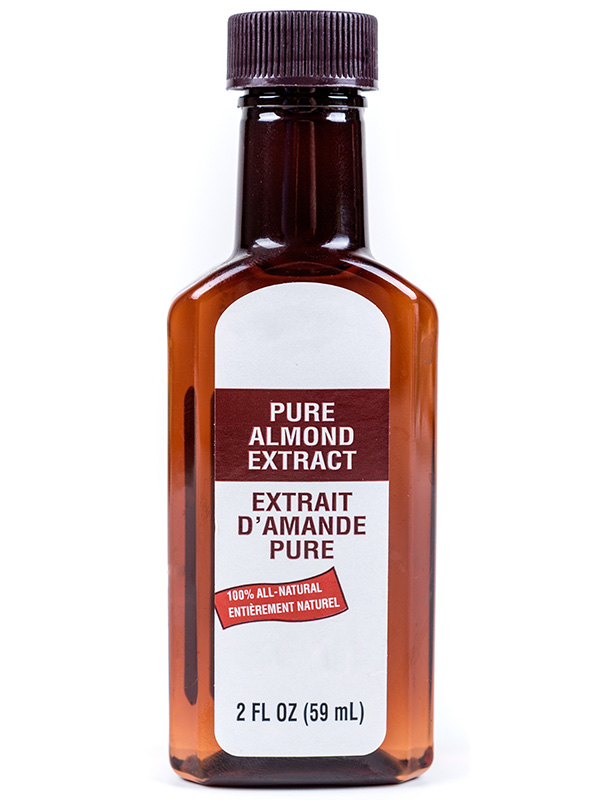
Almond extract is an excellent alternative to vanilla extract to impart a unique and nutty flavor to your dishes. While it doesn't replicate the exact taste of vanilla, it can add a delightful twist to your recipes. When you substitute almond extract for vanilla extract, use a one-to-one ratio.
Choosing when to use almond extract as a substitute depends on your culinary goals. Almond extract is a great choice to infuse baked goods or desserts with a distinct almond flavor. It works wonderfully in almond-flavored cookies, cakes, and pastries. However, it may not be suitable for recipes where the pure, classic vanilla taste is essential.
Maple Syrup
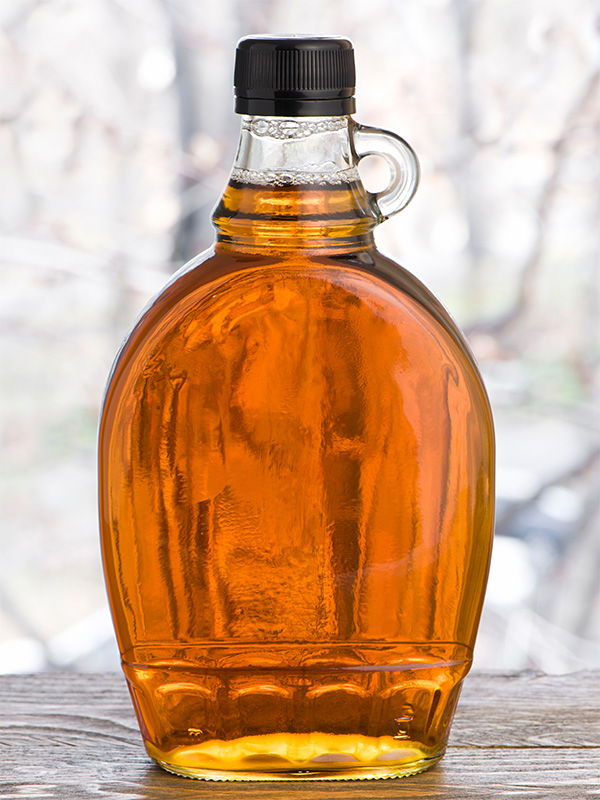
Pure maple syrup can be a fantastic substitute for vanilla extract, especially when infusing your dishes with a rich, natural sweetness and a hint of maple flavor. While it doesn't mimic vanilla's exact taste, it offers a unique and delightful twist to your recipes. When replacing vanilla extract with maple syrup, use a one-to-one ratio.
Choosing when to use maple syrup as a substitute depends on your culinary objectives. Maple syrup works wonderfully in recipes where a mild, sweet, and slightly earthy flavor is desired. It's an excellent addition to pancakes, waffles, oatmeal, and various baked goods like muffins and cookies. However, it may not be suitable for recipes that require a distinct vanilla essence.
Honey
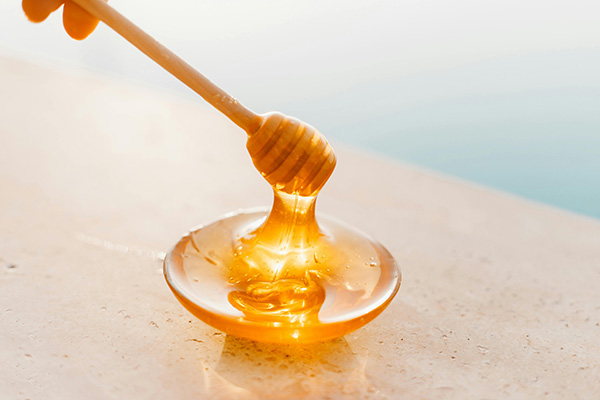
Honey is a versatile and natural alternative to vanilla extract, bringing unique sweetness and subtle floral notes to your recipes. When using honey as a substitute, it's recommended to use a one-to-one ratio. This means if your recipe calls for one teaspoon of vanilla extract, you can replace it with one teaspoon of honey.
Choosing when to use honey as a substitute depends on your culinary intentions. Honey works exceptionally well in recipes where you want to infuse a gentle sweetness with a hint of floral flavor. It's perfect for baked goods like cookies, cakes, and bread, adding depth and complexity to the final taste.
Liquor
Liquor, particularly alcohol-based extracts like vanilla liqueur, rum, or bourbon, can be an excellent substitute for vanilla extract when infusing your recipes with a unique and complex flavor profile. While the exact type of liquor can vary based on your preferences and the dish you're preparing, a good rule of thumb is to replace vanilla extract with an equal amount of your chosen liquor.
When to use liquor as a vanilla extract substitute largely depends on the flavor profile you want to achieve. Liquor-based extracts work exceptionally well in recipes where you want to introduce a rich and distinctive taste.
Cinnamon
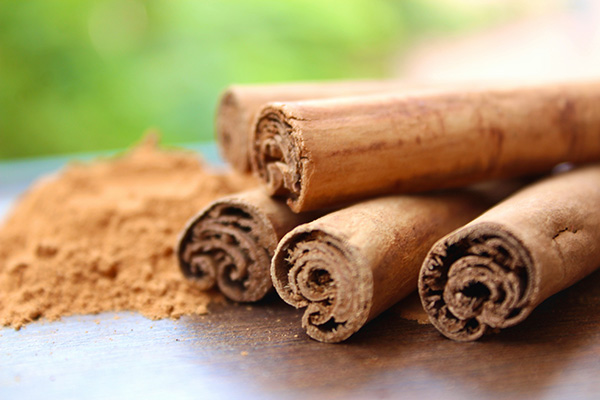
Cinnamon can be a wonderful substitute, especially when infusing your recipes with warm and comforting flavors. To replace cinnamon, simply add ground cinnamon in a 1:1 ratio to the amount of vanilla extract your recipe calls for.
When to use cinnamon as a vanilla extract substitute depends on the nature of your dish. Cinnamon works exceptionally well in baked goods like cookies, muffins, and cakes, where it can lend a delightful spiciness and depth of flavor. It's also a fantastic addition to breakfast dishes such as pancakes and French toast, giving them a cozy and aromatic twist.
Maple Extract
Maple extract is a superb alternative to vanilla extract, offering a distinctive and rich flavor that can elevate your recipes. To use it as a substitute, you can typically replace vanilla extract with maple extract in a 1:1 ratio. However, due to its robust flavor, starting with a slightly smaller amount and adjusting to taste is advisable, as maple extract can be quite potent.
When to use maple extract as a substitute depends on the desired flavor profile of your dish. Maple extract shines in recipes where you want to impart a deliciously sweet and maple-infused essence. It's an excellent choice for pancakes, waffles, muffins, and desserts like pies and ice creams.
Coconut Extract
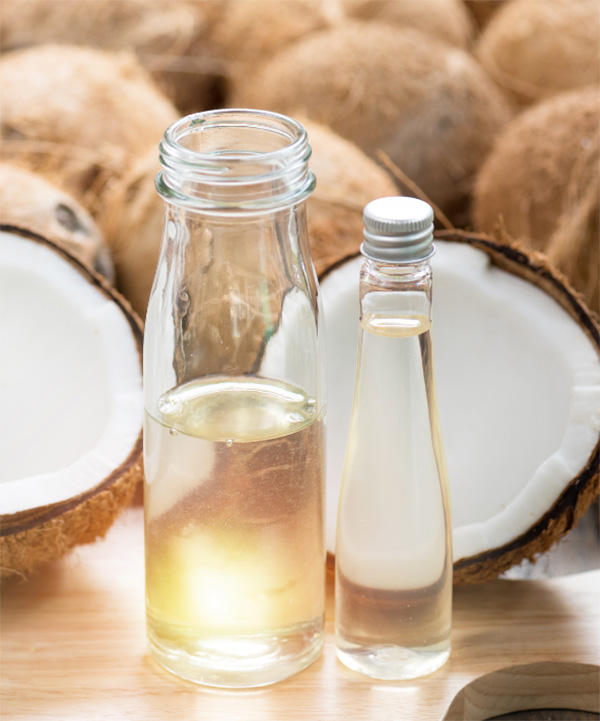
Coconut extract is an enticing alternative to vanilla extract, introducing a tropical twist to your recipes. To replace vanilla extract with coconut extract, you can generally use a 1:1 ratio, just as you would with vanilla. However, because coconut extract has a robust coconut flavor, it's wise to start with a smaller amount and adjust to your taste preferences.
When to use coconut extract as a substitute depends on the flavor profile you desire. Coconut extract excels in dishes where you want to infuse a delightful coconut essence. It's a superb addition to baking, especially in recipes like coconut cookies, cakes, and tropical-themed desserts.
Vanilla Flavored Milk Or Yogurt
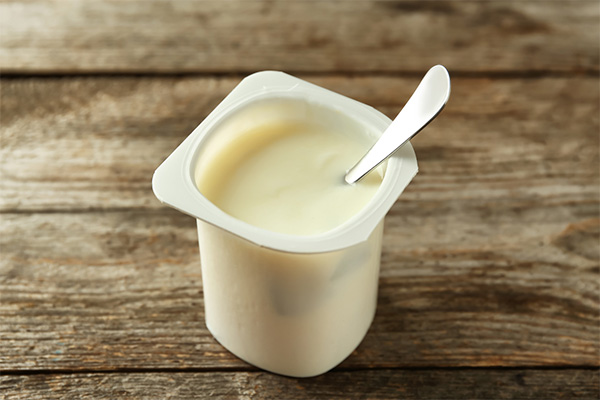
Vanilla-flavored milk, plant based milk or yogurt is a fantastic substitute. It imparts your recipes with a creamy texture and a hint of vanilla flavor. This alternative is versatile and suitable for a variety of dishes.
To use vanilla-flavored plant-based milk or yogurt as a substitute, follow a 1:1 ratio. If your recipe calls for 1 teaspoon of vanilla extract, replace it with 1 teaspoon of vanilla-flavored plant-based milk or yogurt. Ensure that the product you choose is labeled as "vanilla-flavored" to get that desirable vanilla essence.
Vanilla Powder
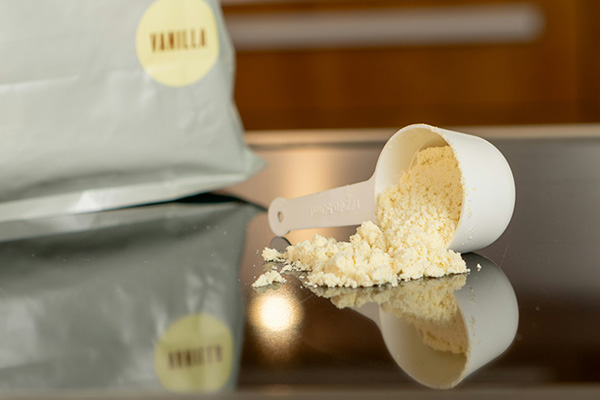
Vanilla powder is an excellent alternative to pure vanilla extracts, offering vanilla's rich and aromatic flavor in a convenient powdered form. Made from ground vanilla beans, it gives your recipes a concentrated burst of vanilla goodness. When using vanilla powder as a substitute, the conversion is straightforward—replace 1 teaspoon of vanilla extract with 1 teaspoon of vanilla powder.
This substitute is perfect for recipes where you want to avoid any additional liquid, as it won't alter the consistency of your dishes. It's popular in dry mixes, such as homemade spice blends and baking mixes, or when making flavorful iced coffee and beverages. Vanilla powder also has a longer shelf life than liquid vanilla extract, making it a valuable addition to your pantry when you need a quick and reliable vanilla flavor boost.

